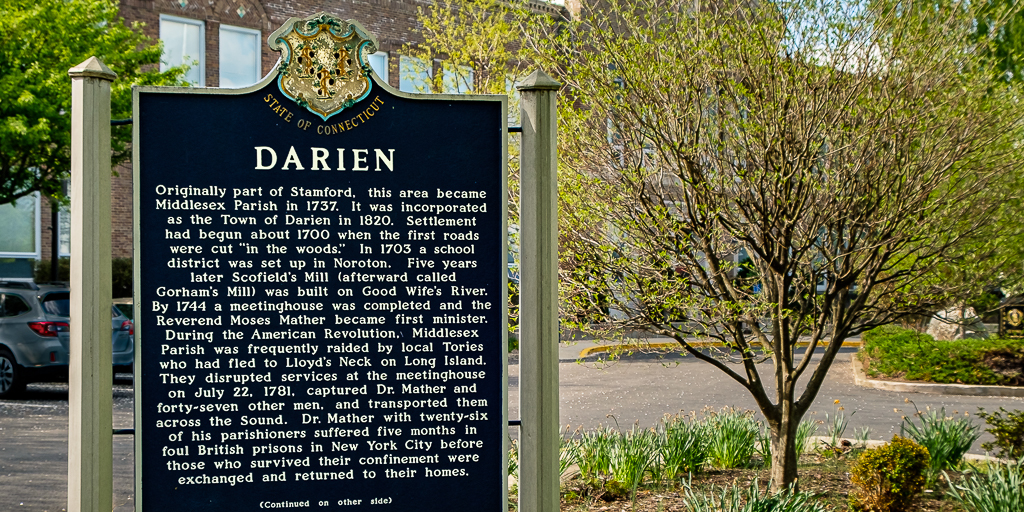Setting the record straight on debates…
It wasn’t that long ago, that during election season, candidates eagerly awaited being invited to
a League of Women Voters of Connecticut debate. Our reputation as a century-old non-partisan
political organization guaranteed that they would be treated fairly when it came to how the
debate was organized and that each candidate would be treated in the same way, regardless of
their party affiliation. This is the first time we have encountered so much opposition by the
parties, and (some) candidates to participate in our debates or control how we run them.
This is unfortunate. Something has changed, but it is not the League.
Our rules of engagement for debates have remained the same:
• We notify each candidate about the date, time, place and rules of the debate at the
same time.
• Questions for debates are submitted by the voters (on index cards for a live debate or
emailed beforehand) and then screened by League members from both parties and
when possible, an Unaffiliated member to ensure clarity, accuracy and that each
question can be answered by all candidates. The Moderator is then given the screened
questions and decides which questions will be used during the debate.
• Our Moderators are trained on how to run a fair debate and not allowed to moderate in
the town or city that they reside in to ensure impartiality towards all candidates on the
debate stage. The League hasn’t changed this methodology in decades.
• We do not allow “empty chair” or one person debates. If a candidate chooses not to
participate, and we have at least 2 candidates, the debate will continue. If we do not, we
reserve the right to cancel a debate. The League can also choose to hold other events or
forums besides formal debates, where voters can interact with the candidates.
Meanwhile, there are third-party candidates eager to debate but may have trouble qualifying
due to the difficulty of raising enough funds to mount a successful campaign. This is not their
fault, our system favors the major parties, and while this is unfair, it is the system that we have
and must contend with now. Our vetting and debate criteria for candidates is updated every
year and in the coming years we may find a way to be more equitable to offset some of this
unfairness.
Debates are an important part of the voter education process. Unlike websites, social media,
emails or mailers, debates offer the voters a chance to see the candidates answer voters’
questions in real time, live and unscripted. Seeing and hearing a candidate on a debate stage
gives voters another layer of insight about how a candidate handles themselves when
presented with an opposing point of view about a topic. Were they able to get their point
across? Did they answer the moderator’s question?
The job of a public servant is to serve and interact with the public. It is up to the candidate to
make their case to the voter and earn that vote. Our democracy depends on a mutual
relationship of respect between candidates and the voters who elect them. Not participating in
a debate sends the opposite message. No vote should be taken for granted.
The League will continue to educate voters by using all of our voter education tools: printed
materials, online and social media platforms as well as debates to bring voters non-partisan
information about the candidates and the issues. Our League mission to empower voters and
defend democracy continues…
Laura Smits, President LWVCT

